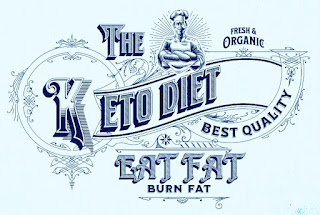Can You Drink Milk on the Keto Diet? The Pros and Cons Explained
The ketogenic diet is a high-fat, low-carbohydrate dietary approach that has gained popularity in recent years for its potential health benefits, including weight loss, improved blood sugar control, and
increased energy levels. But with so many restrictions on what you can eat, it can be difficult to navigate the world of keto-friendly foods.
One question that often arises for those following the ketogenic diet is whether or not milk is allowed. While milk is a nutritious beverage that is rich in protein, calcium, and other important nutrients, it is also relatively high in carbohydrates, with a single cup of whole milk containing around 12 grams of carbs.
So, can you drink milk on the keto diet? The answer is that it depends on a few factors, including your individual carbohydrate intake goals, your tolerance for dairy, and the type of milk you choose to consume.
One option for those following the ketogenic diet is to switch to non-dairy milk alternatives, such as almond milk or coconut milk, which are typically lower in carbohydrates than cow's milk. These alternatives can be used in place of cow's milk in a variety of recipes, from coffee drinks to smoothies to baked goods.
However, if you prefer to stick with cow's milk, there are a few things to keep in mind. First, it's important to choose a milk that is low in carbohydrates. Whole milk and even 2% milk are typically too high in carbs to be consumed in large amounts on the ketogenic diet, but there are lower-carb options available, such as unsweetened almond milk or even heavy cream.
Another consideration is your tolerance for lactose, the sugar found in milk. Some people are lactose intolerant and may experience digestive discomfort after consuming dairy products. If this is the case for you, it may be best to avoid milk altogether or to try lactose-free milk.
Overall, whether or not you can drink milk on the ketogenic diet is a personal decision that should be based on your individual needs and preferences. While milk can be a nutritious and delicious beverage, it is important to choose a low-carbohydrate option and to monitor your intake to ensure that it fits within your daily carbohydrate goals.




Comments
Post a Comment